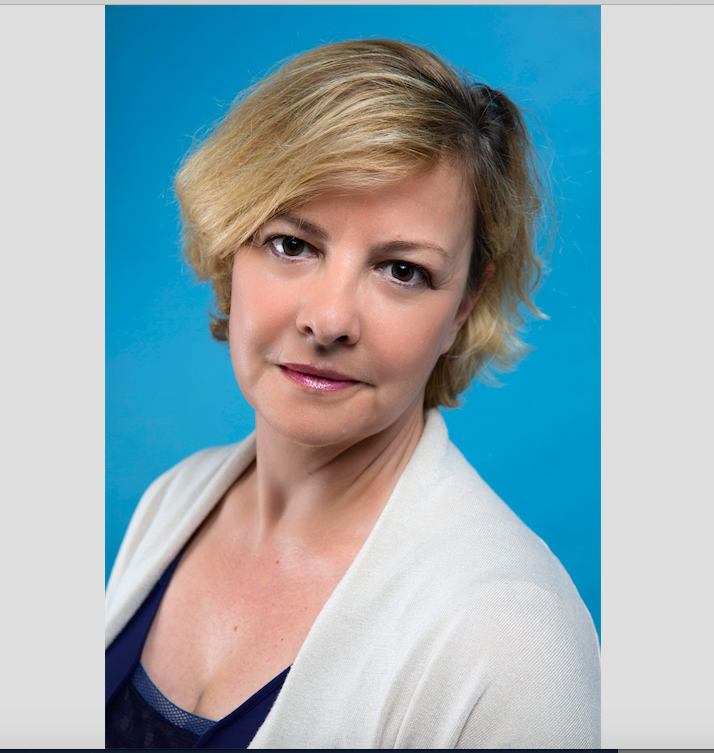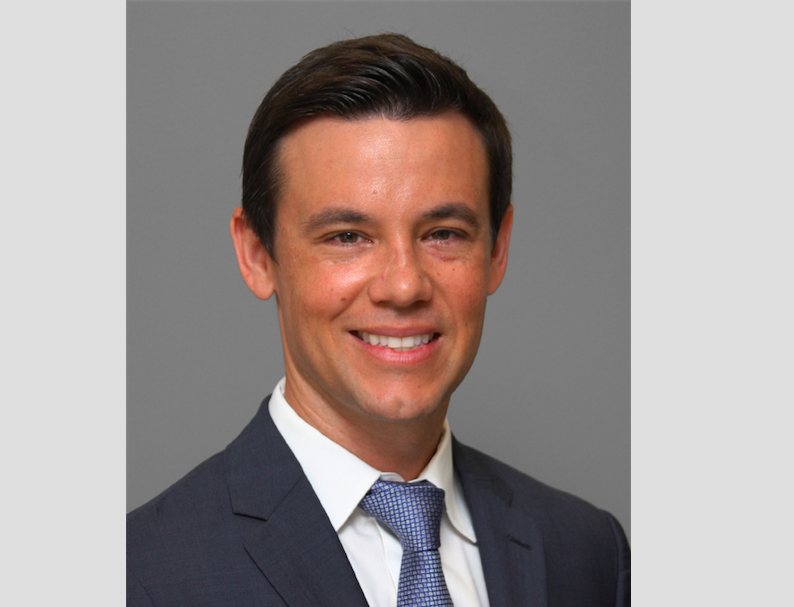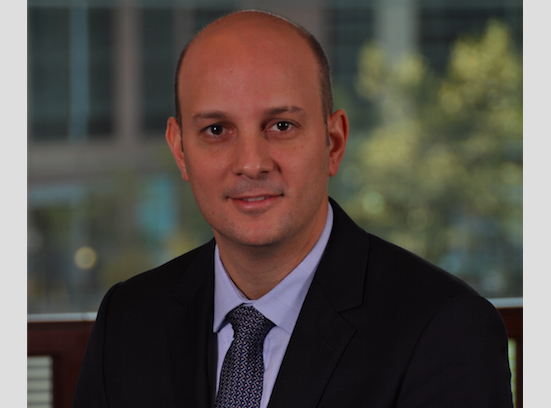Eaton Vance to Acquire Calvert Investment Management
| For Fórmate a Fondo | 0 Comentarios

Eaton Vance recently announced the execution of a definitive agreement to acquire the business assets of Calvert Investment Management, an indirect subsidiary of Ameritas Holding Company. In conjunction with the proposed acquisition, the Boards of Trustees of the Calvert mutual funds have voted to recommend to Fund shareholders the approval of investment advisory contracts with a newly formed Eaton Vance affiliate, to operate as Calvert Research and Management, if the transaction is consummated.
Calvert is a recognized leader in responsible investing, with approximately $12.3 billion of fund and separate account assets under management as of September 30, 2016. The Calvert Funds are one of the largest and most diversified families of responsibly invested mutual funds, encompassing actively and passively managed U.S. and international equity strategies, fixed income strategies and asset allocation funds managed in accordance with the Calvert Principles for Responsible Investment. As a responsible investor, Calvert seeks to invest in companies that provide positive leadership in their business operations and overall activities that are material to improving societal outcomes.
Founded in 1976, Calvert has a long history in responsible investing. In 1982, the Calvert Social Investment Fund (now Calvert Balanced Portfolio) was launched as the first mutual fund to oppose investing in South Africa’s apartheid system. Other Calvert innovations include the first responsibly managed fixed income and international equity funds, and pioneering programs in shareholder advocacy, corporate engagement and impact investing.
“I am extremely pleased that Eaton Vance has chosen to make Calvert the centerpiece of its expansion in responsible investing,” said John Streur, President and Chief Executive Officer of Calvert. “By combining Calvert’s expertise in sustainability research with Eaton Vance’s investment capabilities and distribution strengths, we believe we can deliver best-in-class integrated management of responsible investment portfolios to investors across the U.S. and internationally. Eaton Vance is the ideal partner to help Calvert fulfill its mission to deliver superior long-term performance to clients and achieve positive impact.”
“As part of Eaton Vance, we see tremendous potential for Calvert to extend its leadership position among responsible investment managers,” said Thomas E. Faust Jr., Chairman and Chief Executive Officer of Eaton Vance. “By applying our management and distribution resources and oversight, we believe Eaton Vance can help Calvert become a meaningfully larger, better and more impactful company.”
Completion of the transaction is subject to Calvert Fund shareholder approvals of new investment advisory agreements and other closing conditions, and is expected on or about December 31, 2016. Because the transaction is structured as an asset purchase, liabilities in connection with Calvert’s previously disclosed compliance matters and other pre-closing obligations will remain with the seller. Terms of the transaction are not being disclosed.








